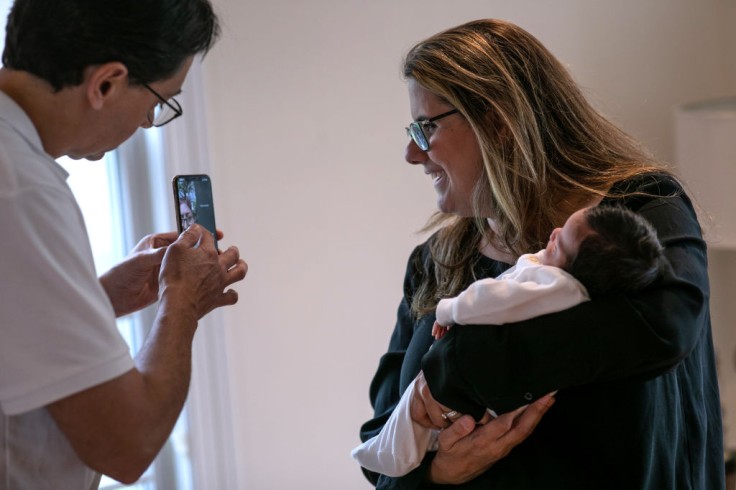
Owen Monroe, the baby who first received a partial heart transplant in 2022, is recovering successfully and healthy one year later.
Pediatric doctors who performed the partial-heart transplant and who are monitoring baby Owen reported that the infant's transplanted organ is developing excellent function and is growing along his body.
First US Partial-Heart Transplant to Baby Owen Monroe
Owen Monroe's medical journey started in early 2022 when he was just 18 days old. Even before his birth, Owen was diagnosed with an unusual heart defect characterized by having only a single large blood vessel for blood outflow from the heart, as opposed to normally having two smaller vessels.
When you have this scenario, what usually happens is the excessive flow of blood into his lungs, hindering breathing, and simultaneously decreasing the blood circulation to the rest of the body. In Owen's situation, what further complicated his condition was the fact that his single vessel was leaky.
In an unprecedented move, Owen's medical team, together with his parents, decided on a unique treatment course, a partial-heart transplant.
Up until 2022, this procedure had previously been attempted only in animal models, specifically pigs. However, Owen's parents were left with no choice and wanted the best for their baby.
The transplant utilized valves and arteries from a 2-day-old infant girl who passed away shortly after a complex birth. Her heart, though not viable for a full transplant due to unhealthy heart muscles, had well-functioning and structurally sound outflow valves, making them suitable for Owen's surgery.
The period following Owen's partial heart transplant has been remarkable. He was able to leave the hospital only a month after the surgery, requiring significantly lower doses of immunosuppressive medications than typically prescribed for heart transplant recipients.
This decrease in medication requirements is not only a sign of the transplant's success but also highlights the seamless integration and compatibility of the transplanted tissues with Owen's body.
Read Also: Colorado Mother Allegedly Murders Her Two Children Following Unfavorable Christmas Custody Decision
Life-Saving Pediatric Cardiac Surgery
Owen Monroe's groundbreaking partial-heart transplant has significantly influenced the evolution of pediatric heart surgery. Following his successful surgery, an additional 13 partial-heart transplants have been conducted worldwide, with most of those done in Duke Children's Hospital.
Owen's case ignited a domino effect in heart transplants, wherein the healthy valves from patients undergoing full heart transplants are repurposed for others requiring them. This strategy effectively utilizes available donor hearts and introduces new avenues for addressing intricate heart conditions in babies and young children.
Dr. Joseph Turek, who spearheaded the surgery as the head of pediatric cardiac surgery at Duke Children's Hospital & Health Center in Durham, North Carolina, has observed that approximately half of the donated hearts are suitable for full transplants.
However, he believes an equal number could be used for valve donations. Dr. Turek also added that integrating underutilized donated hearts into the medical supply chain, along with valves obtained from domino heart transplants, could lead to significant advancements in the field.
One year later, after the infant's revolutionary partial heart transplant, it is now growing in appropriate size alongside his heart and has also functioned excellently, as noted by his medical team in their report to JAMA.
As for Owen, the young child has been achieving all his developmental benchmarks, such as crawling, standing, exploring objects, and beginning to vocalize sounds.
This procedure emerged as a beacon of hope, offering a more sustainable and less invasive solution.